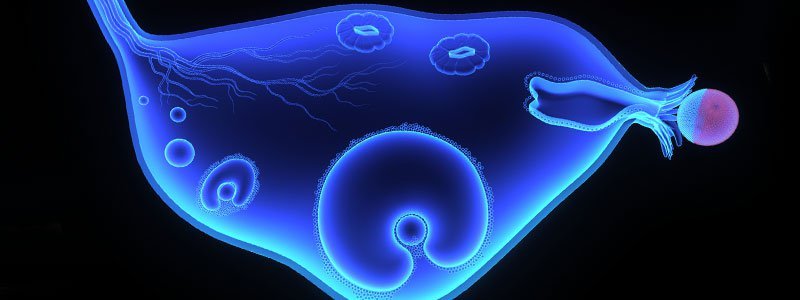Uterine Fibroids: Test Your Medical IQ (answer)
Answers FAQ
Uterine Fibroids: Test Your Medical FAQs
Test your Knowledge!
- What are uterine fibroids?
- Some women are at higher risk for fibroids than others. True or false?
- Uterine fibroids are caused by hormones. True or false?
- Pain during sex can be a symptom of uterine fibroids. True or false?
- How are uterine fibroids diagnosed?
- What medications are used to treat uterine fibroids?
- Surgery is sometimes used to treat uterine fibroids. True or false?
- Uterine fibroids can cause problems during pregnancy. True or false?
- Having fibroids increases the risk of uterine cancer. True or false?
- Improve your Health I.Q. on Uterine Fibroids: Test Your Medical
- Uterine Fibroids: Test Your Medical Related Slideshows
- Uterine Fibroids: Test Your Medical Related Image Collections

Q:What are uterine fibroids?
A:Fibroids (also called leiomyomas or myomas) are a type of muscular tumors that grows within the uterus (womb), in the uterine wall, or on the outside surface of the uterus.
Women may develop a single uterine fibroid, or there may be many. Fibroids can vary widely in size and can be so small they are invisible to the naked eye or even as large as a grapefruit or bigger.

Q:Some women are at higher risk for fibroids than others. True or false?
A:True.
Some women are at higher risk for developing uterine fibroids, including:
Eating plenty of green vegetables can reduce the risk of developing fibroids.

Q:Uterine fibroids are caused by hormones. True or false?
A:True.
The cause of uterine fibroids is unknown, but it is believed to be influenced by hormones and/or genetics. Both estrogen and progesterone can affect the growth of fibroids; they grow when hormone levels are high, such as during pregnancy, and shrink during menopause or when anti-hormone medications are used.

Q:Pain during sex can be a symptom of uterine fibroids. True or false?
A:
True.
Fibroids often do not cause any symptoms, however, when symptoms occur, they may include:
Complications of fibroids may include a greater risk of needing a cesarean section, miscarriages, or infertility (rare).

Q:How are uterine fibroids diagnosed?
A:If fibroids are suspected, a doctor will usually start with a history asking about your symptoms. They can often feel fibroids during a pelvic exam.
Imaging tests may also be ordered to check for the presence of fibroids, including:
In some cases, surgery is needed to confirm fibroids. The two types of surgery to detect fibroids are:

Q:What medications are used to treat uterine fibroids?
A:Fibroids often do not cause symptoms and many women do not need treatment. For women whose symptoms are more severe, medications may be used to control symptoms, such as:

Q:Surgery is sometimes used to treat uterine fibroids. True or false?
A:True.
In some cases when symptoms are severe or do not respond to treatment, surgery may be recommended to treat uterine fibroids. Surgical options include:

Q:Uterine fibroids can cause problems during pregnancy. True or false?
A:True.
While most women with fibroids have normal pregnancies, fibroids can predispose a woman to complications with pregnancy and delivery. Common problems in pregnant women with fibroids include:

Q:Having fibroids increases the risk of uterine cancer. True or false?
A:False.
Most fibroids are benign (not cancerous). In rare cases (less than one in 1,000) a cancerous fibroid called leiomyosarcoma will develop however, it is believed these cancers do not occur from an already-existing fibroid. Having fibroids does not increase a woman's risk for developing a cancerous fibroid or other forms of uterine cancer.
Source quiz on MedicineNet
Improve your Health I.Q. on Uterine Fibroids: Test Your Medical
Uterine Fibroids: Test Your Medical Related Slideshows
- What Are Uterine Fibroids?
- Infertility: Types, Treatments, and Costs
- Health Screening Tests Every Woman Needs
- See All Slideshows

